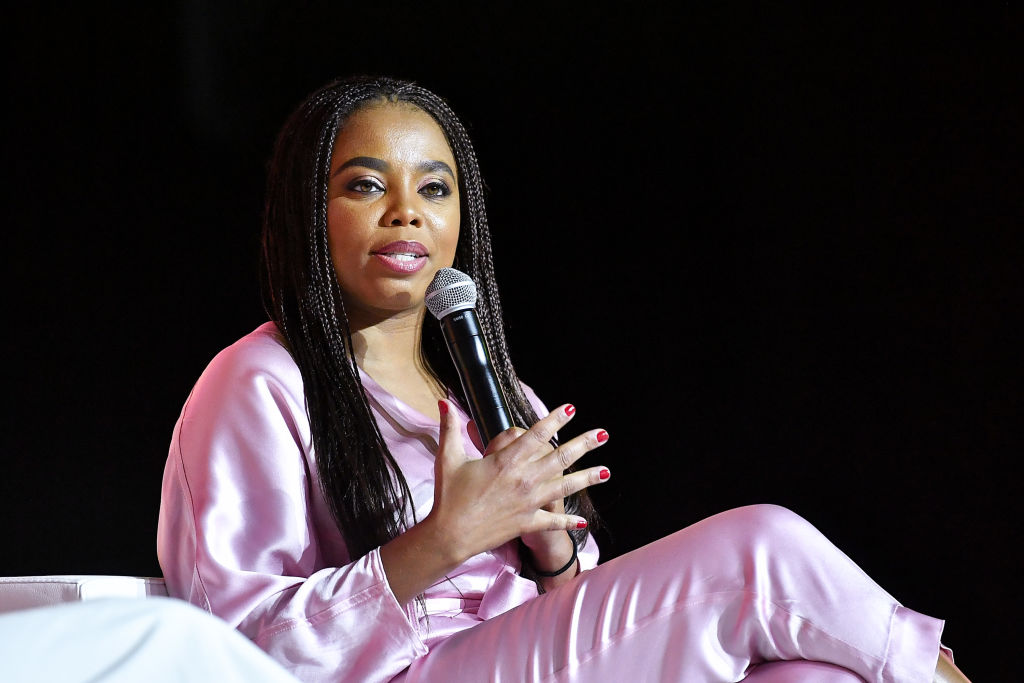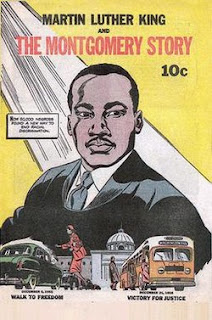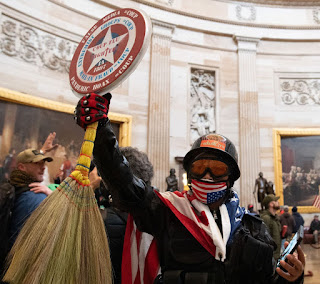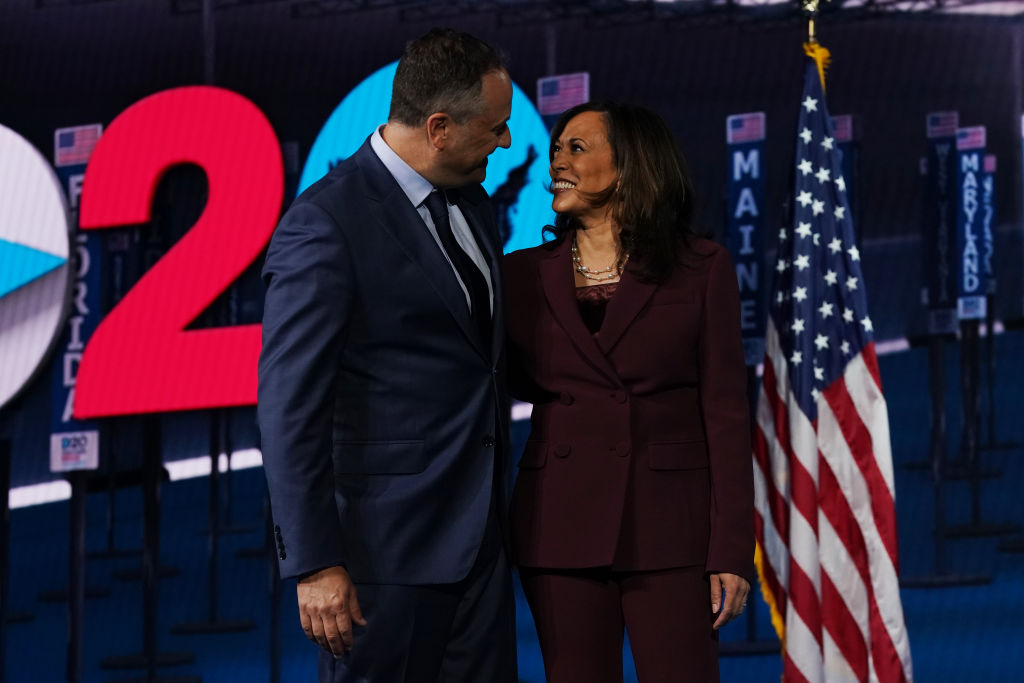deerstalker
https://madamenoire.com/1210769/jemele-hill-podcast/

Source: Paras Griffin / Getty
In a recently announced collaboration with Spotify, Jemele Hill is creating a new space for Black women in the podcasting world. The joint-effort among Hill and the streaming service aims to make podcasts by Black women, for Black women, more accessible.
In an interview with Bloomberg, Hill talked about the “one-woman media empire” she’s slowly created for her herself in the aftermath of her very public split from ESPN back in 2018. Now, Hill has seemingly solidified her place in the arts and entertainment industry by conducting a weekly radio show with Cari Champion, hosting her podcast Jemele Hill is Unbothered, and being a writer for The New Yorker.
Even though Jemele Hill is Unbothered is featured on Spotify already, she shared that she still felt as though Black women weren’t being identified as a potential target market in the overall podcasting space. With that in mind, her collaboration with Spotify will ideally serve as a space where Black women can be honest and upfront about the topics that matter to them most.
“Spotify and I are collaborating on a larger network that would appeal to audiences that are underserved,” she said. “One is Black women in particular. It’s been important to me as a Black woman in the commentary and opinion space.”
Furthermore, Bloomberg wanted to know whether having Black women hosts or discussing topics related to Black women was more important when crafting her vision of what she wanted the network to be.
Hill shared that for her, both points were necessary in her effort to uplift Black women’s voices.
“It’s very important to amplify and strengthen voices of Black women. There are also unique problems and situations and issues that Black women face that are different than what White women face or Asian women face,” she said. Offering an example of what she meant, she added, “If you look at the maternal death rates of Black women, it’s extraordinary. It looks as bad now as it did in the 1950s.”
When asked about why there was a lack of top podcasts that targeted Black listeners, Hill mentioned that in her eyes, the “Black Panther effect” was taking place. She described the phenomenon as one in which topics of interest for Black people come as a surprise to many, despite the pattern of Black people showing up in numbers when they feel like there’s a topic that represents them, or tells their story, just as they did when the film Black Panther was released.
“It’s the “Black Panther” effect,” she stated. “Even though Black people had been going to movies for years, people were startled by the success of Black Panther. It’s amazing what happens when Black people see themselves in content. They tend to like it. When Black people hear stories they can relate to and hear from artists and entertainers and athletes they have cherished, they are going to respond. Some of my best and most popular podcasts have been with people that would surprise. But if you know anything about the Black community, it’s no surprise.”
All in all, Jemele Hill has come a long way since her days at ESPN. Even though branching out of the sport’s world seemed like a strange pivot for her to some, this new venture with Spotify proves that Hill’s cultural commentary and perspective is valued and continues to be serving her well, and in turn, serves other Black women well, too.





